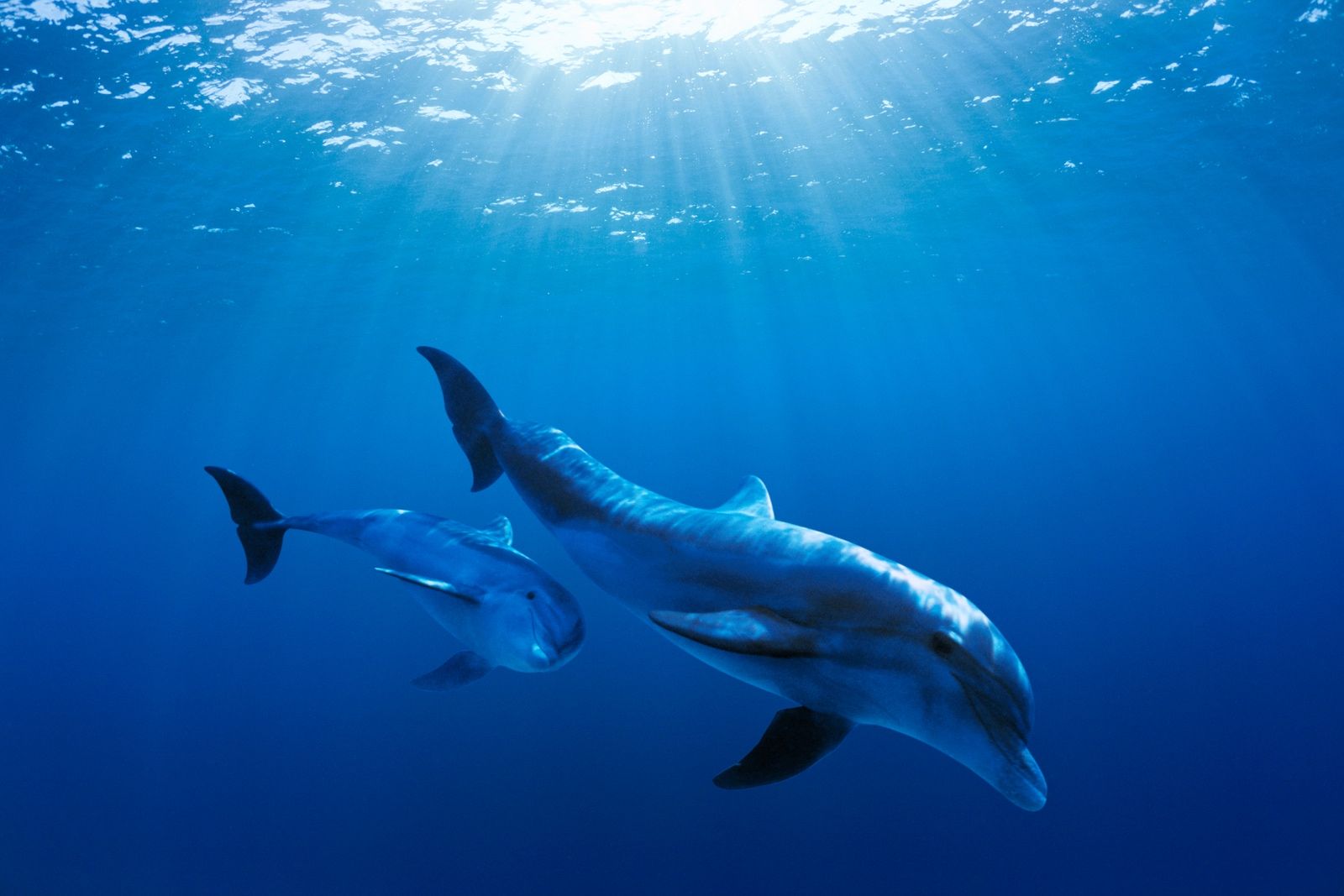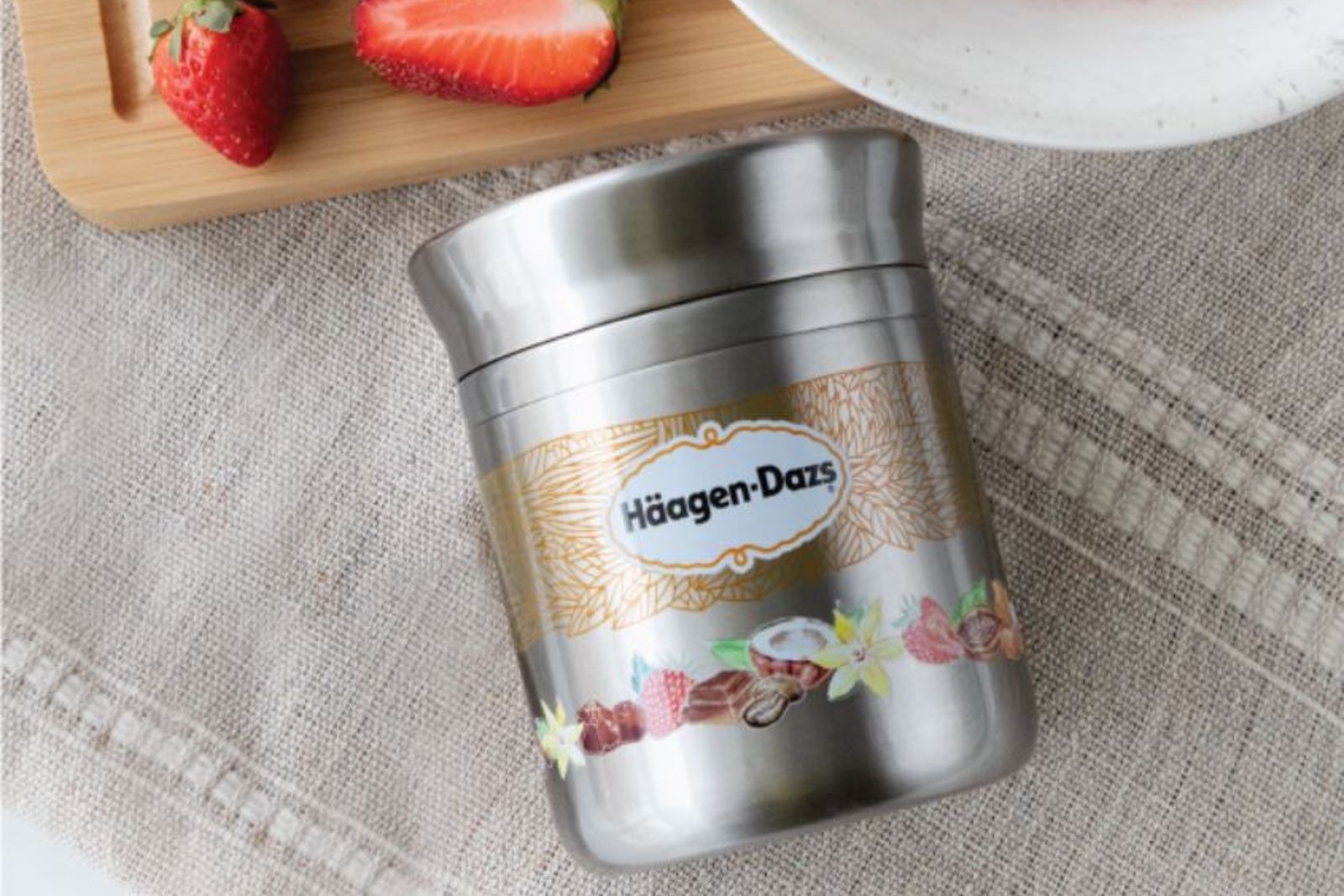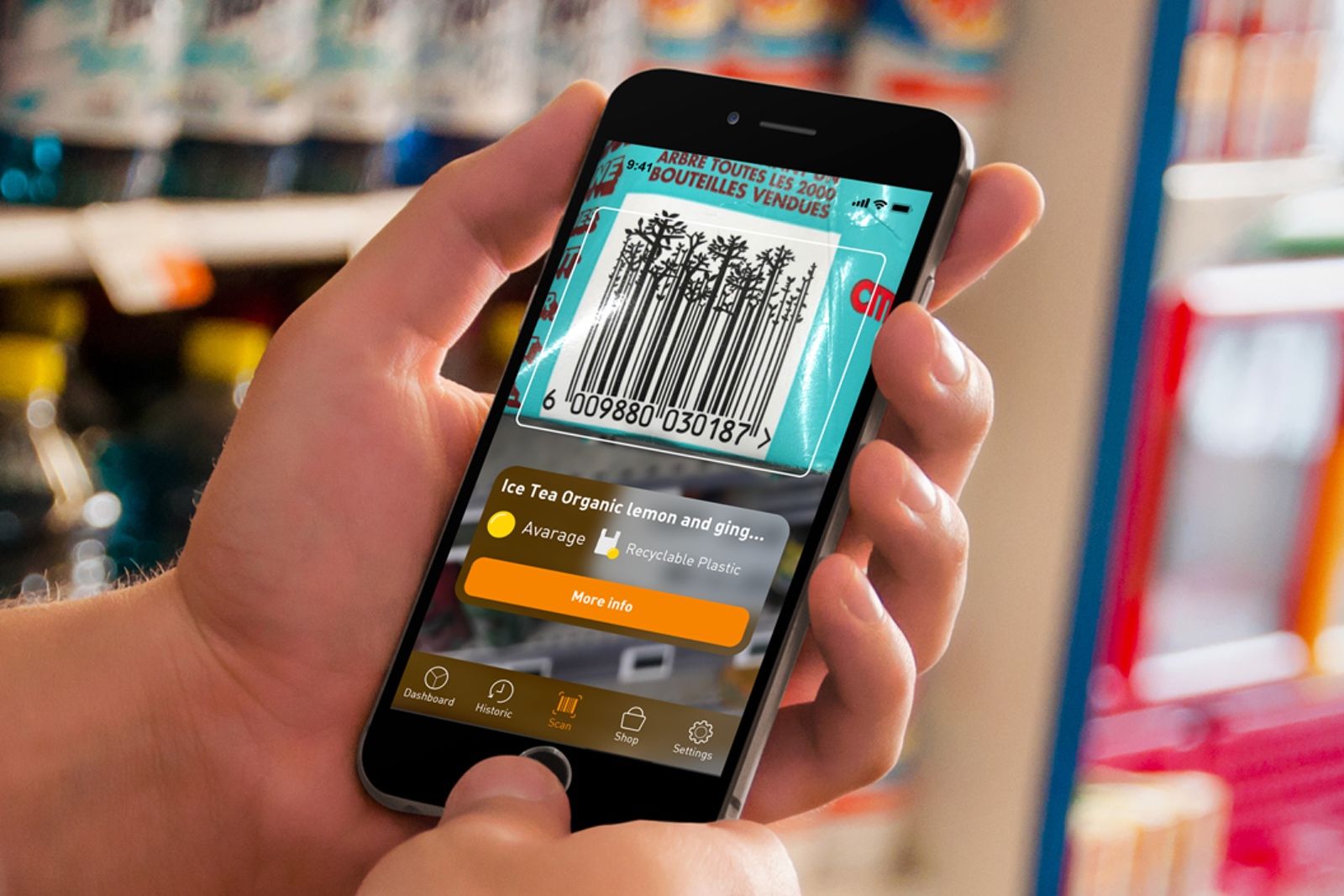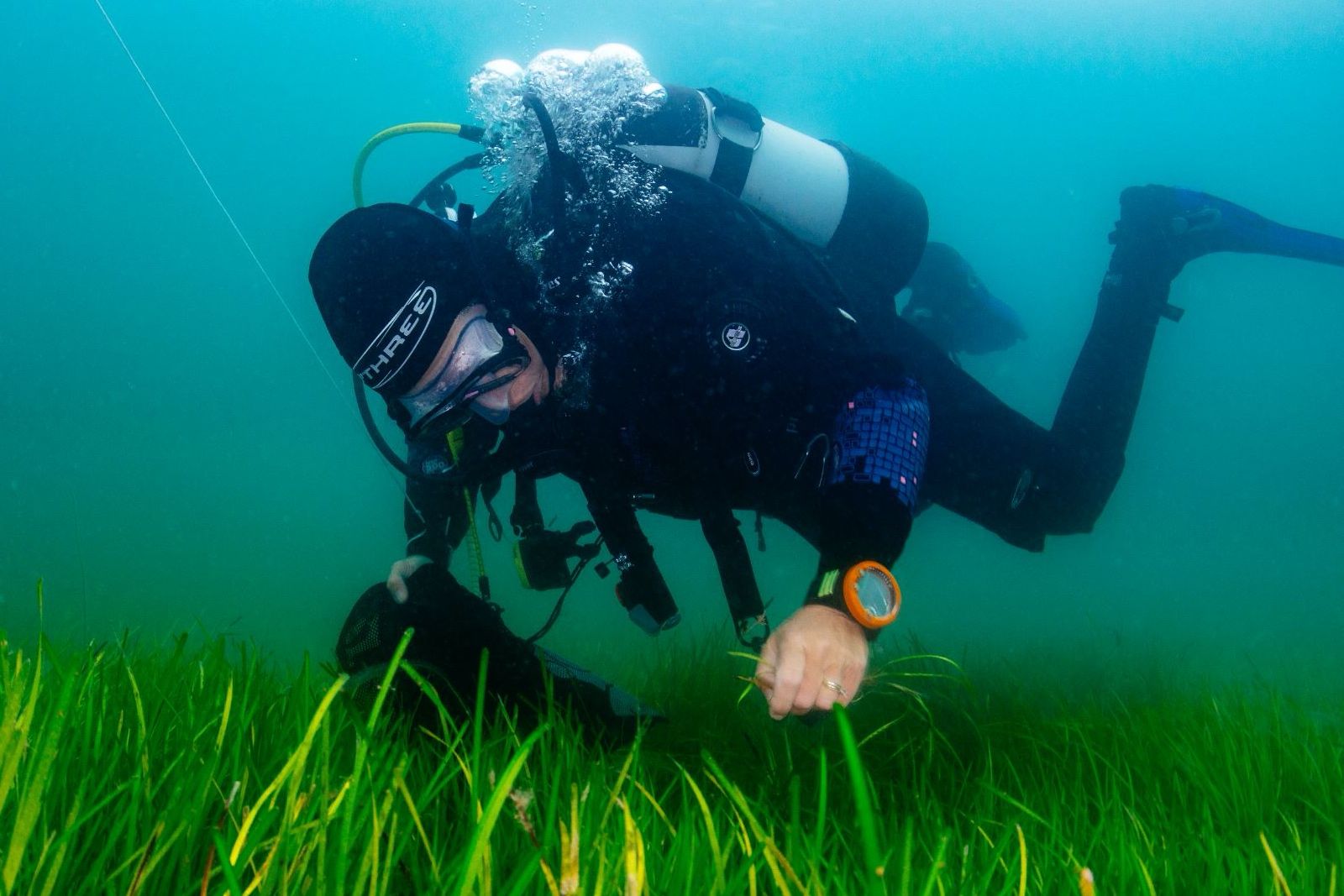One of the silver linings to be found amidst the ongoing climate crisis is that it's shining a light on some of the various initiatives being developed around the globe to encourage more environmentally-friendly practises and habits, and to repair the damage done to fragile ecosystems.
Sky Ocean Rescue was launched back in 2017 as an attempt to educate people on the dangers of plastic pollution in our oceans, and to demonstrate changes that can make big differences. Since then, it's reached nearly 48 million people in Europe, showing that change can be effected — especially considering that it's cut 1,000 tonnes of plastic from Sky's supply chain so far, an appreciable amount of plastic that will never pollute any oceans.
To find out more about how you can get involved yourself, and become an Ocean Hero, click here.
The project runs in tandem with Sky Ocean Ventures, which is investing £25 million over a period of five years in products and solutions that can fight back against plastic pollution, and has so far supported 15 different ideas. We wanted to run through some of the ways that these ideas could help the world's oceans, and why Sky's chosen to back them.
1. Loop
We can't be the only ones who get pangs of environmental guilt every single time we go shopping, right? We don't live near a zero-waste shop, and practically everything at a supermarket is wrapped in layers of plastic. Loop, which Sky Ocean Ventures has given funding, is a simple but brilliant idea to combat this. It's a food delivery service that comes in reusable packaging that you save to be picked up when your next order comes.
The above ice cream cup shows you how this looks in practise, and you might agree with us when we say that one of the hidden benefits comes in the form of those classy containers. Once you see how easy it is to stock up with these reusable containers, you'll realise how it could expand to combat the amount of plastic waste that finds its way into oceans globally.
2. Nordsense
We've all become completely used to the idea that bins are collected on a schedule — sometimes they'll be too full, but in reality, most of the time they're not quite as full as they could be. That all adds up to mean that fully 90% of the world's waste is collected inefficiently, when there's still space for more additions, or overflowing waste. That's obviously a bit foolish, and Nordsense's system is a genius solution.
It's a sensor that monitors when a bin is full, feeding into a wider network around a neighbourhood, town or city, and supplying disposal services with optimal routes between bins that actually need emptying. That way there are no wasted trips and the number of actual collections can be reduced by 50%. In turn, that translates to lower emissions, less noise pollution and reduced traffic. When one small sensor can feed into that many benefits, you know you're onto something great.
3. Eugène
Neither love nor money can seem to clear up one of the simplest questions around for many people — what you can and cannot recycle. Whether it's because the symbols on a piece of packaging are insanely hard to interpret, or because you're not sure what it's actually made of, Eugéne is a clever solution that does the working out for you.
You just scan the barcode of your product, and it'll tell you if you can recycle it, and how. It's been launched in France, and Sky helped to fund a UK pilot back in 2019 — watch this space, because the further it expands, the more it can help. To incentivise people to actually use it, too, Eugéne has a clever system where scanning products earns you rewards over time.
4. HD Wool
Something else we've all gotten used to is a clothes label with Polyester as one of the principle components on it — the material is completely ubiquitous. Only recently have people started to appreciate the damage caused by microplastics washed off these fabrics when washed, much of which eventually ends up in the sea.
H Dawson, one of Sky Ocean Ventures partners, is a wool business with more than 130 years of history behind it, and has created a new alternative to the polyester fleece that has become such a staple for cold winter times. They call it HD Wool, with good reason, since it's like a revved-up version of normal wool.
It's got structural improvements over the regular version of the natural fibre, and is a biopolymer blend, representing exactly the sort of textile step forward that we have to take if we're to reduce plastic waste across all sectors.
5. WWF Seagrass Restoration Project
All of the projects above are amazing, to our minds, but you might be thinking that they're saving the oceans from waste at the source, rather than dealing with the issue actually in our waters right now. Sky has worked with the WWF on a number of projects over the years, but one recent example shows how the UK's local seas can be directly helped.
Over the last 100 years, 92% of the UK's seagrass disappeared, whether due to pollution, coastal changes or damage from boats. The Seagrass Restoration Project, as you might be able to guess, aims to reverse that trend. In partnership with WWF and Swansea University, it will restore 20,000 square metres of seagrass in Pembrokeshire. Because of seagrass' amazing carbon-capturing capabilities (it captures carbon up to 35 times faster than a tropical rainforest), this should have an outsized ecological benefit. That new area of seagrass alone could help to support some 160,000 fish, and 200 million invertebrates.
Each of these ingenious projects, in isolation, might make a small but telling impact on our collective environmental footprint. When you add them all together, though, and think of the countless others in development and use around the world, you can start to see that there is hope for our environment. Of course, it will require commitments such as those the Sky Ocean Rescue team have made to really make a tangible difference, which is why their work is so laudable.




